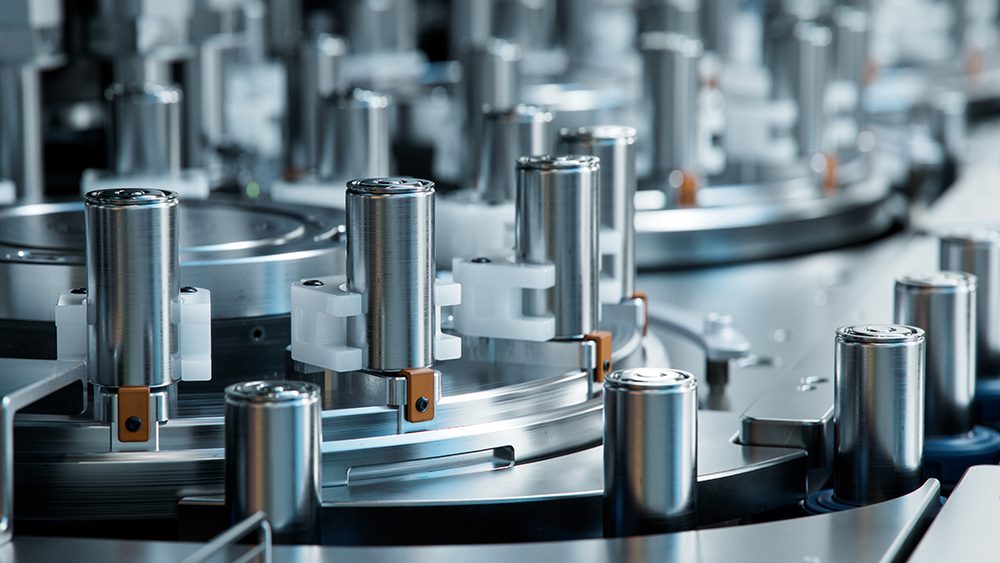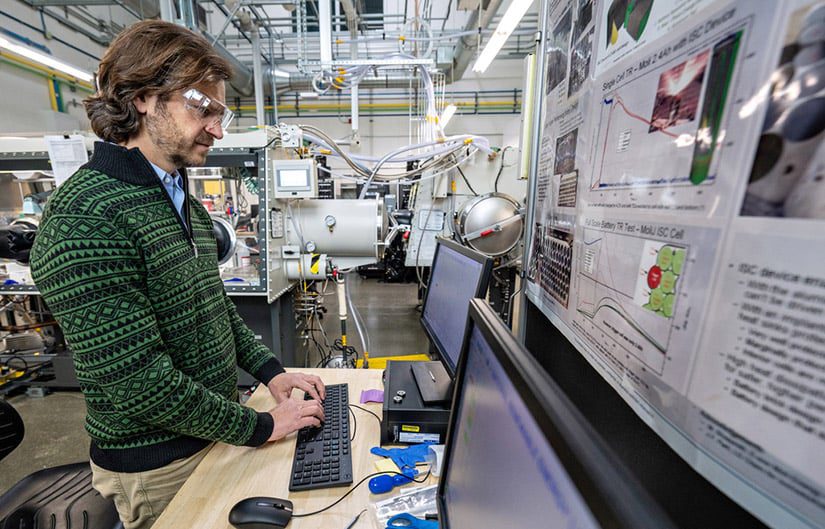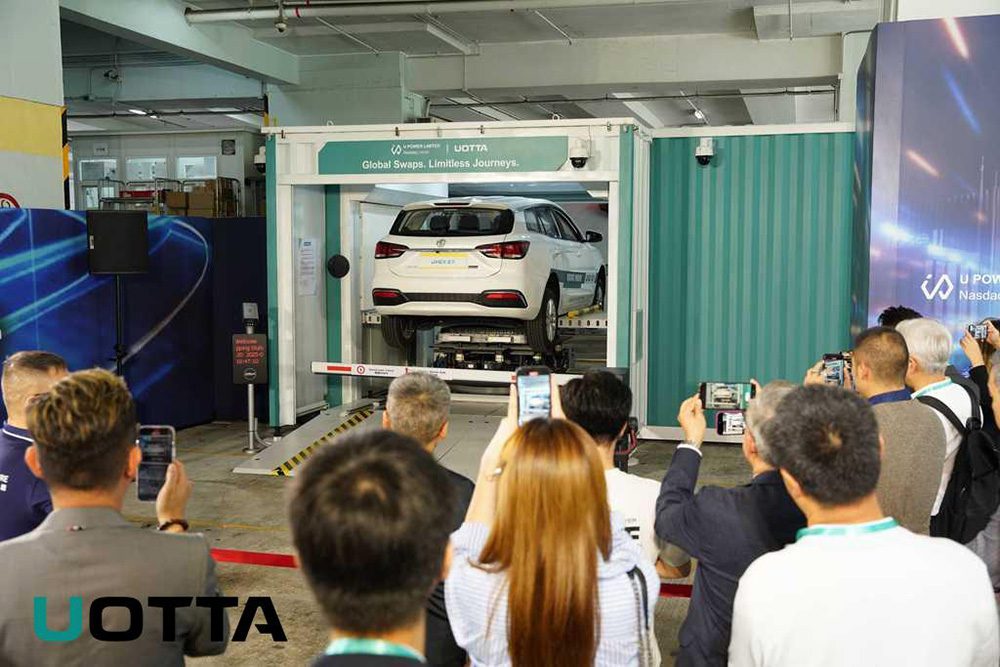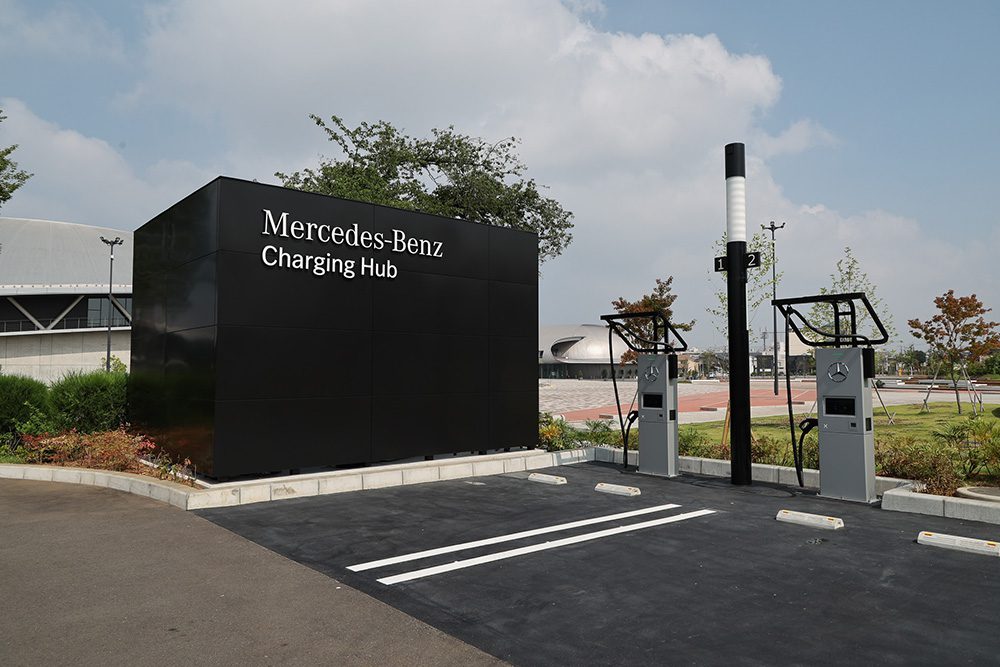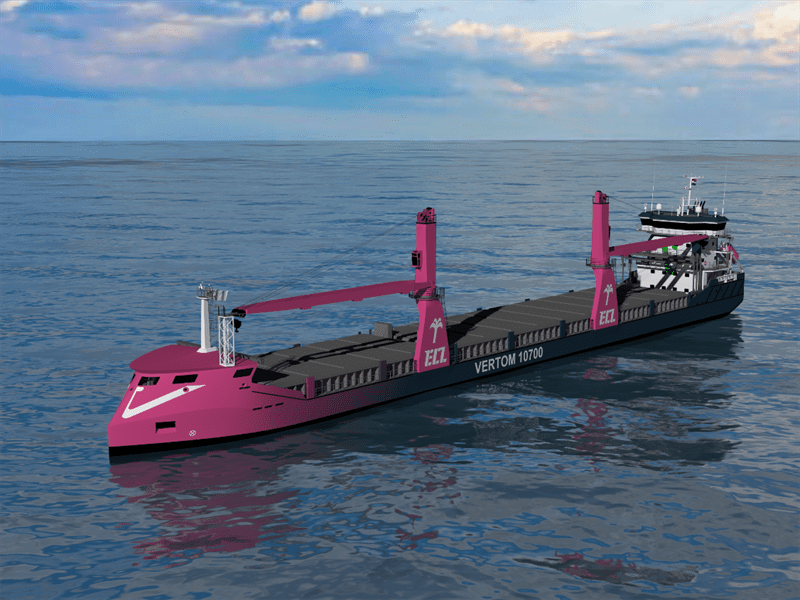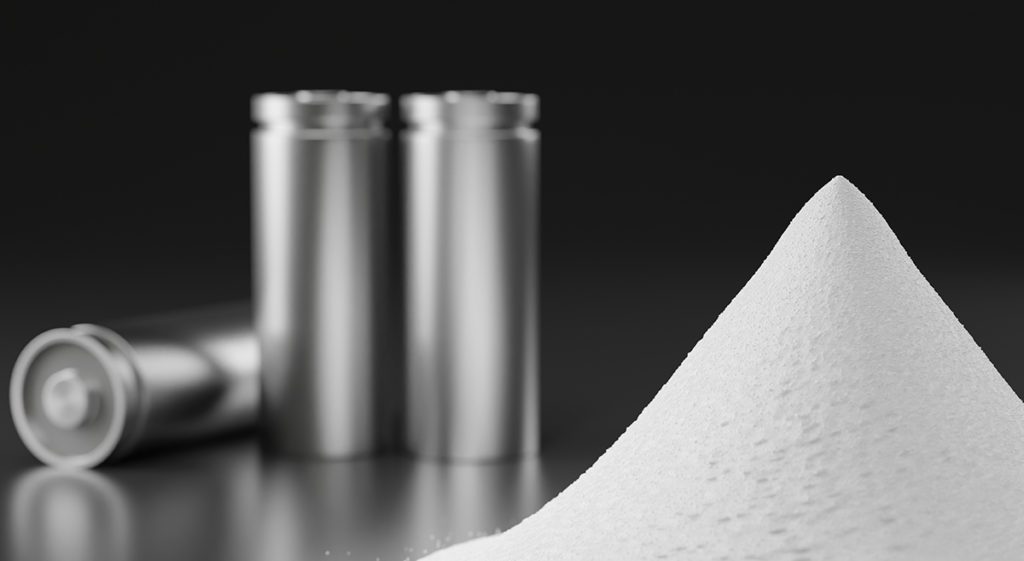In September 2017, a top Chinese official said that the country would set a deadline for automakers to end sales of fossil-fuel vehicles in the country. No details were announced, and we’ve heard little about the plan since.
Now, China has implemented new rules that seem to make it almost impossible for automakers to invest in new ICE auto factories.
China’s National Development and Reform Commission told journalists that the country will no longer charter new companies that make only ICE vehicles. Furthermore, for existing carmakers to expand manufacturing capacity for non-electrified models, they’ll have to meet a list of requirements, demonstrating that they offer a mix of models heavy on new energy vehicles (NEVs, defined as hybrids, PHEVs, EVs and fuel cell vehicles) and that they spend at least 3% of revenue on R&D, among other conditions.
As Quartz sees it, the bar has been set so high that only a few large firms, such as Geely and SAIC, can expect to meet the conditions. The new rules favor the largest companies, many of whom are state-owned.
China will also be implementing an emissions cap-and-trade system that will replace existing cash subsidies for the EV industry. All automakers will need to meet EV production quotas, which will increase every year. (As with California’s ZEV program, companies that don’t meet the quota will be able to buy credits from those that do.)
Sales of plug-in vehicles are growing in China, as ICE auto sales are levelling off. However, while over a million NEVs have been sold this year, they still only made up some 0.6% of all vehicles on the road as of June, according to China’s Ministry of Public Security.
Source: Quartz








































